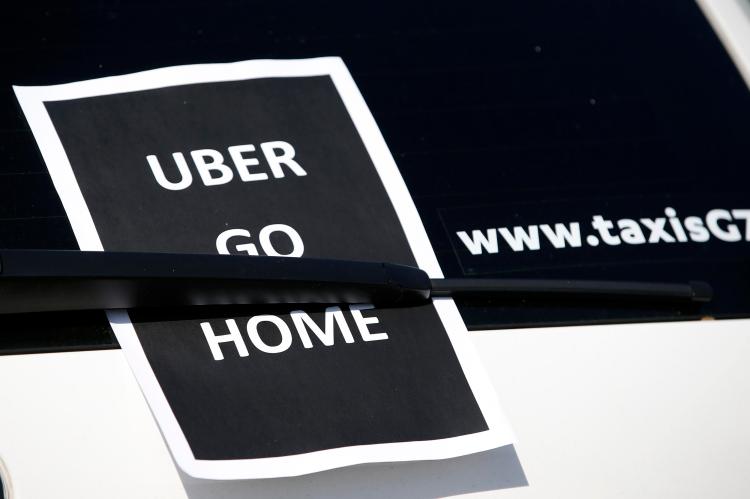The European Commission tried to take a big step forward this week by proclaiming its sweeping support for the sharing economy.
At first glance, observers and tech companies could be tempted to think that peace between European governments and these high-tech boogeymen is at hand. But as with all things tech and Europe, this is merely the beginning of what will be a long and complicated process, rather than a final resolution.
That’s because the fundamental tension between the EU and its members states lingers on decades after the formation of the union. It is a tension that has grown, rather than subsided, in recent years and spans such issues as the economy, national budgets, and now, the migrant crisis.
At the end of the day, in certain policy areas, the EU has only the power to persuade, not decide. Such proclamations as the one made this week on the sharing economy demonstrate the limits of the EU’s power.
June 5th: The AI Audit in NYC
Join us next week in NYC to engage with top executive leaders, delving into strategies for auditing AI models to ensure fairness, optimal performance, and ethical compliance across diverse organizations. Secure your attendance for this exclusive invite-only event.
Indeed, the EU refers to the statement made this week as “guidance.”
“The communication provides guidance on how existing EU law should be applied to this dynamic and fast evolving sector, clarifying key issues faced by market operators and public authorities alike,” the European Commission wrote.
The document then goes on to detail how the EU believes its current rules should be applied to companies like Uber and Airbnb who have often found themselves at odds with national and local governments.
The statement was praised by, among others, Airbnb, which called it “a valuable tool to ensure a clear, stable and consistent regulatory environment for sharing economy users across Europe.”
But at the same time, Airbnb continues a petition drive in France, where it fears a new Digital Law being debated by the government could impose tough registration requirements for members who rent their homes or apartments.
For now, the EU’s statement is a philosophical victory, in that the body believes, on the whole, that sharing-economy companies make a positive impact and are important to the future.
“A competitive European economy requires innovation, be it in the area of products or services,” said Commission vice president Jyrki Katainen — responsible for jobs, growth, investment, and competitiveness — in a statement. “Europe’s next unicorn could stem from the collaborative economy. Our role is to encourage a regulatory environment that allows new business models to develop while protecting consumers and ensuring fair taxation and employment conditions.”
But that doesn’t mean national governments or unions are ready to fall in line. Whether this latest statement moves the conversation forward or causes even tougher resistance and new protest remains to be seen.


